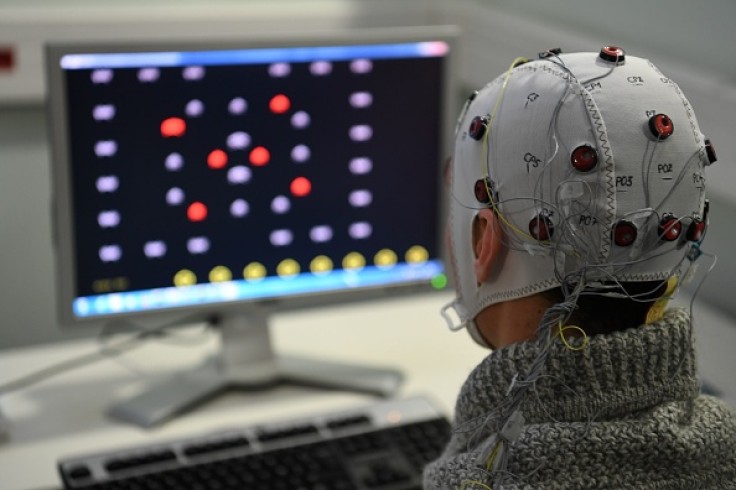The tech industry has been paying so much attention to AI that the world is not giving much attention to brain-computer interface advancements. In truth, this kind of technology has so many applications, a lot of which can improve the quality of life for the impaired.

Medical Assistance
Most of the research being done today, as well as the trials on both animals and humans, have the ultimate goal of having it used by people with motor disabilities. There are already trials like Neuralink that claim to have reached such a level where one can control a computer with their thoughts.
With that level of control, we are not far from having quadriplegic patients regain movement, particularly with the use of robotic prosthetics or exoskeletons. In fact, we are already at the point where the sensors can be implanted directly into our brains.
Augmented Reality
The adoption of augmented reality in various fields is becoming more accepted, especially now that tech companies like Apple are developing the equipment that can make it possible. With a direct link to one's thoughts, it can become more immersive than ever.
The user can manipulate the surroundings of a virtual world, as well as control what kind of images can be generated. Controlling the AR interfaces would be seamless, especially since what a person wants to be done will already be translated into what the output will be.
Communication
Just like motor functions, some people suffer from conditions that limit or restrict their ability to speak. While there are other ways to communicate like sign language or writing things down, the lack of verbal communication can still create barriers.
With the brain-computer interface (BCI), a person can translate their thoughts into spoken language. There are already AI tools that can clone one's voice with just a few seconds of audio, although that can only be applied to people who have only lost their ability to speak recently.
Gaming
Since AR/VR gaming has been picking up the pace, it's not impossible for BCI to also be applied to the industry. As mentioned before with the topic of augmented and virtual reality, players will be able to control their surroundings and communicate with characters.
All of this would be done without physical control on hand. It could even get to the point where the sensors would detect what you're feeling during gameplay, and it will match the music based on your current emotional state.
Art
Art is not just about an artist's ability to create something with their hands and words. It's also what goes on in their head and how they mean to express them. With BCI, they will be able to do so more directly by translating thoughts into images, music, or poetry.
It would enhance the way they convert emotions and thoughts into something others can see or hear. It might even be able to express something they cannot translate themselves, creating more genuine art than anyone could imagine.









